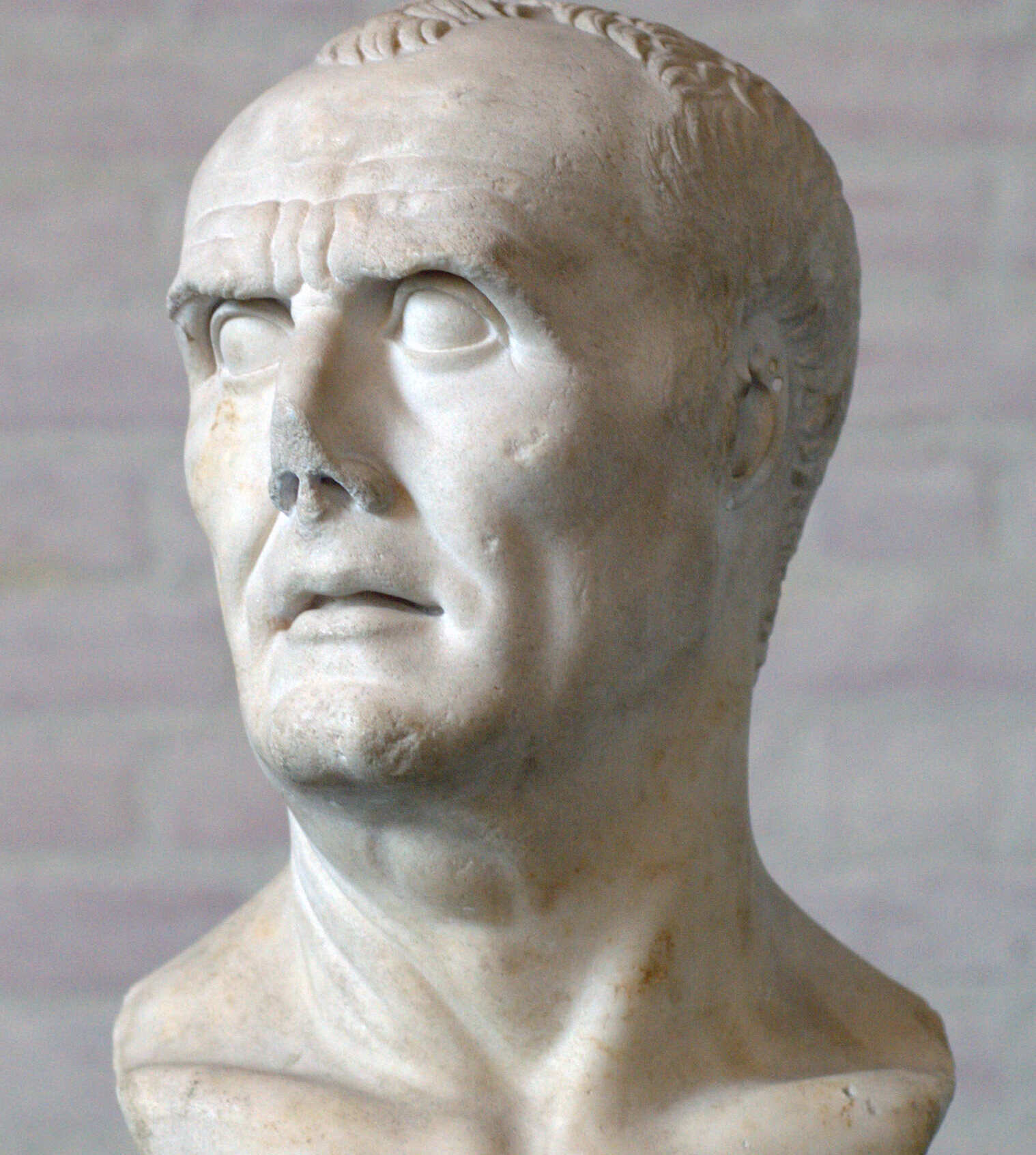
Gaius Marius, a prominent figure in ancient Roman history, is often remembered for his military prowess and political influence. Born in 157 BC, Marius rose to become one of Rome’s most celebrated generals, leading the Roman army to numerous victories.
While his military achievements are well-documented, there are several surprising facts about Gaius Marius that are lesser-known. From his social reforms to his unconventional rise to power, these facts shed light on the intriguing life and legacy of this influential figure.
In this article, we will delve into eight surprising facts about Gaius Marius, providing a deeper understanding of his impact on Roman history and his unique contributions to the ancient world.
Key Takeaways:
- Gaius Marius, a Roman general, revolutionized the army by allowing people from all backgrounds to enlist, making it stronger and more effective. His reforms shaped the Roman military for centuries.
- Marius’ political prowess and military innovations earned him widespread popularity and influence, even inspiring future leaders like Julius Caesar. His legacy left a lasting impact on Roman history.
The Early Life of Gaius Marius
Gaius Marius, a renowned Roman general and statesman, was born in 157 BC in Arpinum, a small town in Italy. From a humble background, Marius experienced a remarkable rise to power, becoming one of the most influential figures in Roman history.
The Military Innovations of Gaius Marius
Gaius Marius introduced several groundbreaking military reforms that revolutionized the Roman army. He abolished the property requirement for soldiers, enabling citizens from lower socioeconomic backgrounds to enlist. This change significantly increased the army’s size and effectiveness.
Gaius Marius and the Transformation of the Roman Army
Under Marius’ leadership, the Roman legions underwent a transformation. He implemented standardized equipment, training, and tactics, creating a highly disciplined and professional fighting force. This contributed to the continued success of the Roman Empire in its conquests.
Popular Support of Gaius Marius
Marius enjoyed widespread popularity among the Roman people. His military successes and reforms earned him the support of the lower classes, who saw him as a champion of their rights and interests.
Gaius Marius, the Man of Seven Consulships
Gaius Marius achieved a remarkable feat in Roman history by holding the position of consul seven times. This unprecedented accomplishment showcased his political prowess and influence within the Roman Republic.
Marius and his Rivalry with Sulla
Gaius Marius had a tumultuous rivalry with Lucius Cornelius Sulla, another prominent Roman general. Their fierce competition for power eventually led to a series of civil wars and political instability in the Roman Republic.
Gaius Marius’ Influence on Julius Caesar
Marius served as a mentor and inspiration to Julius Caesar, who would go on to become one of the most renowned leaders in history. Marius’ military reforms and political achievements left a lasting impact on Caesar’s own rise to power.
The Marian Reforms and its Legacy
The Marian Reforms introduced by Gaius Marius marked a turning point in Roman military history. The changes he implemented shaped the structure and effectiveness of the Roman army for centuries to come, contributing to the success of the Roman Empire.
Conclusion
Gaius Marius was a truly fascinating figure in ancient Rome, and his contributions to the empire cannot be overstated. From his military reforms to his political achievements, Marius left a lasting impact on Rome’s history. Despite the challenges he faced, Marius rose through the ranks to become a prominent general and consul, solidifying his place as one of Rome’s greatest military leaders.
Through his innovative tactics and strategic thinking, Marius transformed the Roman army, paving the way for future military successes. His dedication to the common soldier and his ability to adapt to changing circumstances set him apart from his contemporaries. Marius’s role in ending the Jugurthine War and his triumph in the war against the Cimbri and Teutones showcased his military prowess.
Furthermore, Marius’s political achievements, including his seven consulships, redefined the powers and expectations associated with the consulship. His influence on Roman politics left a lasting legacy that would continue to shape the empire in the years to come. Gaius Marius will forever be remembered as a remarkable figure in Roman history.
FAQs
Q: When did Gaius Marius live?
A: Gaius Marius was born on January 13, 157 BC, and died on January 13, 86 BC.
Q: What were Gaius Marius’s military reforms?
A: Gaius Marius reformed the Roman army by recruiting soldiers from the landless peasant class, creating a professional standing army. He also introduced standardized equipment and training, making the army more efficient and flexible.
Q: What was Marius’s role in the Jugurthine War?
A: Gaius Marius played a key role in ending the Jugurthine War. He successfully captured Jugurtha, the king of Numidia, and brought the war to a close through his strategic military tactics.
Q: How did Marius defeat the Cimbri and Teutones?
A: Marius introduced new tactics, including a deeper and more flexible battle formation, which allowed the Roman army to defeat the formidable Cimbri and Teutones in two major battles: the Battle of Aquae Sextiae and the Battle of Vercellae.
Q: How did Marius’s political career contribute to his legacy?
A: Gaius Marius held the consulship a record-breaking seven times, which expanded the powers and responsibilities of the consulship. His reform-minded policies and ability to connect with the common people made him a popular and influential figure in Roman politics.
Was this page helpful?
Our commitment to delivering trustworthy and engaging content is at the heart of what we do. Each fact on our site is contributed by real users like you, bringing a wealth of diverse insights and information. To ensure the highest standards of accuracy and reliability, our dedicated editors meticulously review each submission. This process guarantees that the facts we share are not only fascinating but also credible. Trust in our commitment to quality and authenticity as you explore and learn with us.
